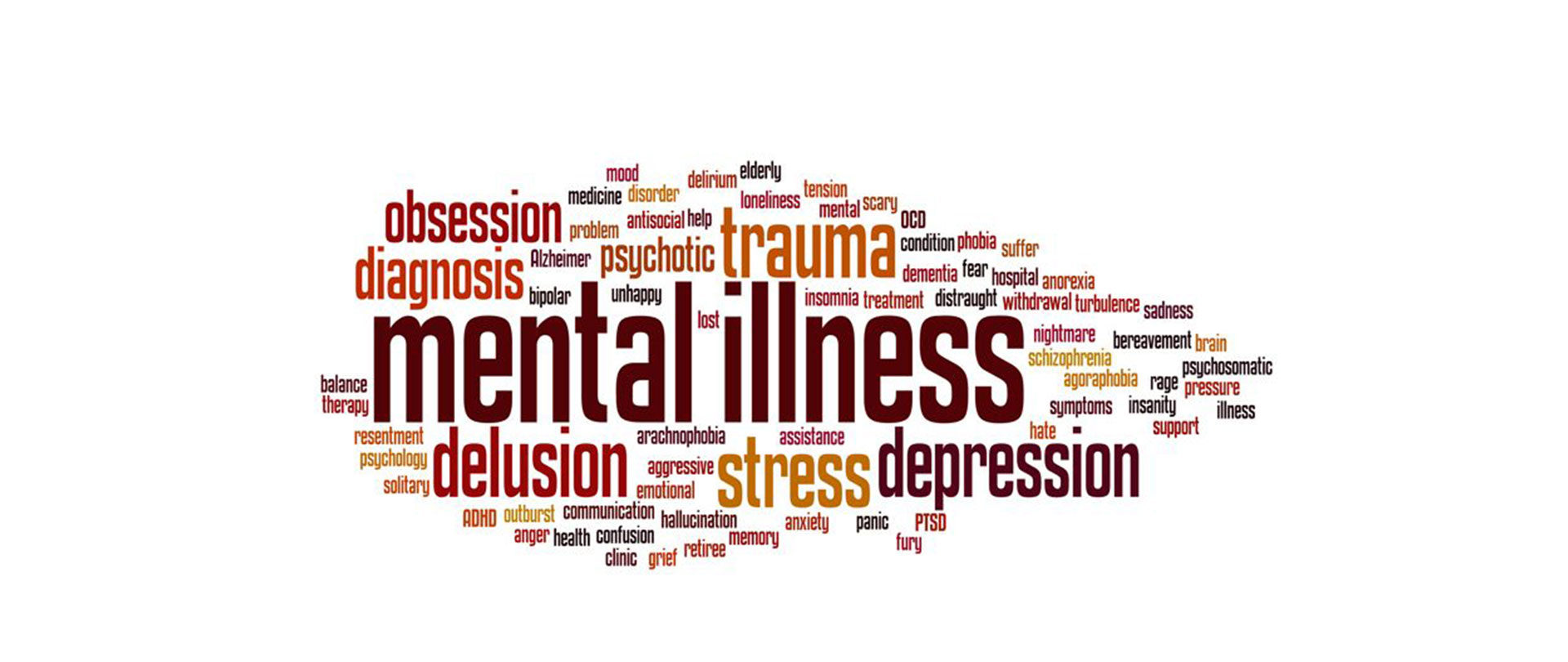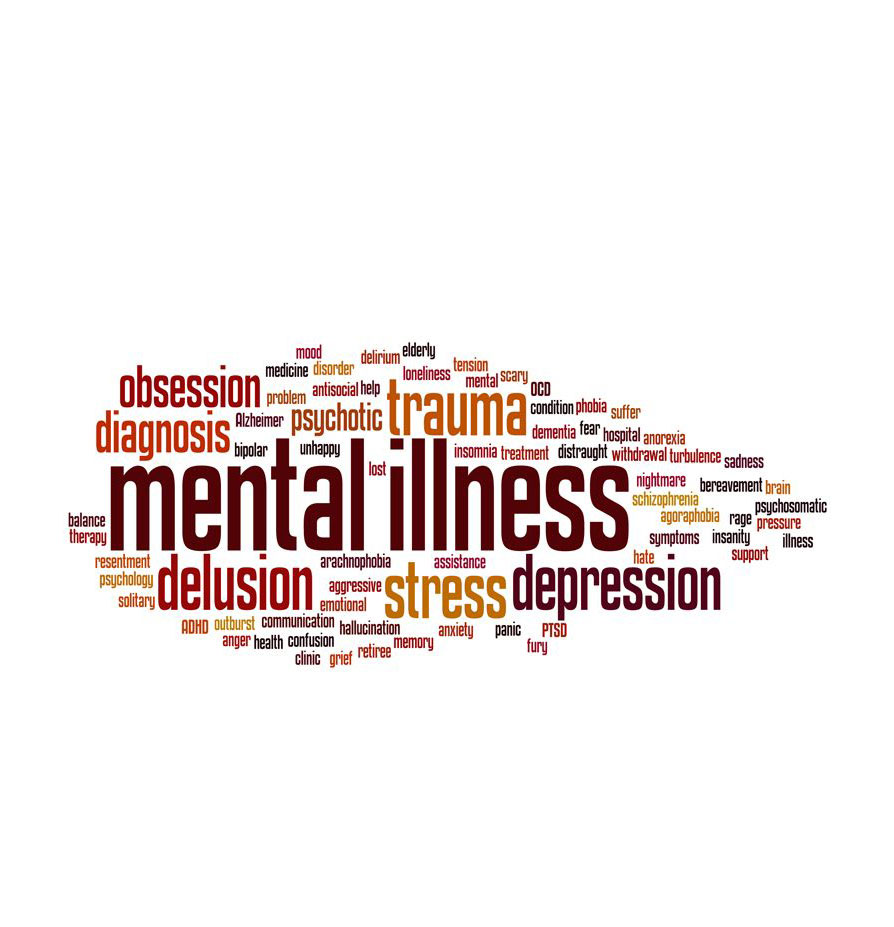We offer our employees the opportunity to grow personally and professionally and to contribute to the success of our organisation. To submit your application for employment consideration, kindly fill in the application form & email it to info@divyaminstitute.com




Bipolar disorder, also known as manic-depressive illness, is a brain disorder that causes unusual shifts in mood, energy, activity levels, and the ability to carry out day-to-day tasks.
There are four basic types of bipolar disorder; all of them involve clear changes in mood, energy, and activity levels. These moods range from periods of extremely “up,” elated, and energized behaviour (known as manic episodes) to very sad, “down,” or hopeless periods (known as depressive episodes). Less severe manic periods are known as hypomanic episodes.
Bipolar disorder is a serious health concern and a major challenge for anyone who has it. Review the information below to understand what it is, the behaviours associated with it, and how it is treated.
According to the Diagnostic and Statistical Manual of Mental Disorders (DSM), a person with bipolar disorder experiences clinically significant episodes of depression and mania. To diagnose someone as bipolar, he or she must have specific symptoms for a designated period of time. Those symptoms, or mood episodes, include the following:
According to DSM-5 major depressive episode begins with constant depression or a complete lack of interest or pleasure in normal daily activities, almost every day for a two-week period. In addition to one of these two scenarios, at least five or more of the following symptoms must be present every day over the same period to categorize an episode as major depressive:
When someone experiences a manic episode, he or she is unnaturally euphoric or persistently irritable for a period of at least one week. This person may also go from one feeling to the other, but to be considered a manic episode, it must include three to three (four if mood is irritable) of the following symptoms:
A person is having a hypomanic episode if they are experiencing the symptoms of a less extreme manic one. These indicators only need to be present for four days in this type of episode, but have to be noticeable by others as a change from the norm and evident that they affect normal functioning.
There are multiple causes of bipolar disorder. Several factors may contribute to heightened risk and the development of the disorder. Studies have shown any combination of the following factors may cause the problem:
sleep disturbances
Once diagnosed, bipolar disorder can be treated using a combination of methods, including medication, psychotherapy and electro conclusive therapy (ECT). Treatment should be continuous and consistent for maximum results, as bipolar disorder is a lifelong condition.
Most bipolar patients will take some form of medication to treat the symptoms, and often a combination of drugs. The most commonly used medications are antidepressants, mood stabilizers and atypical antipsychotics.
Psychotherapy is the use of psychological methods, particularly when based on regular personal interaction, to help a person change and overcome problems in desired ways. Psychotherapy aims to improve an individual’s well-being and mental health, to resolve or mitigate troublesome behaviours, beliefs, compulsions, thoughts, or emotions, and to improve relationships and social skills.
It can be effective in nearly 75% of patients. In electroconvulsive therapy, an electric current is passed through the scalp to cause a brief seizure in the brain. ECT is one of the fastest ways to relieve symptoms in people who suffer from mania or severe depression. It is recommended electroconvulsive treatment is administered three times a week until symptoms start to improve, then reduced to maintenance treatments based on the individual person.
Our Mission is to provide Comprehensive Psychiatric Care and spread the awareness about Mental Health by reducing the stigma in the society. Our Vision is to become widely recognised Institute providing Tertiary Level Care in all spheres of Psychiatry. We wish to lead the field by Innovative Approach, Pioneering Research and Inspiring Education.